BUILDING POSITIVE MENTAL HEALTH
03/10/21

We are coming up on a year since we first went into lockdown due to the coronavirus. Throughout the pandemic, mental health and maintaining positive mental health has been a top priority as we all navigate the constant pressure and stress that this situation has created. At BOKS, we are grateful for all that our trainers do to keep their kids moving and helping to support their mental health through movement. We hope this article allows you some insight as you focus on your own mental health and well-being.
Mental health- what is it?
Often, mental health is used synonymously with mental illness- but the truth is, they are two sides of the same coin. While approximately one in five Canadians will experience some form of mental illness in their lifetime, ALL Canadians have mental health (CMHA, 2020). Mental health is a state of well-being, and just like physical health, isn’t just about the absence of illness. It’s important to create environments in which we, and those around us, can thrive rather than just simply survive through all life’s unexpected twists and turns! Here are a few things that signal your mental health is on track (CMHA, 2020):
- You feel a sense of purpose.
- Your relationships feel strong.
- You feel connected to others.
- You have a good sense of self.
- You are able to cope with stress.
- You are able to enjoy life.
This year has surely put our mental health to the test, as this prolonged state of uneasiness continues to linger. In order to be in a position to support those around us (students, family, friends, etc.), we first need to ensure we’re taking care of ourselves! We risk burning out if we continue to fill the proverbial cups around us while ours remains empty.
What can we do to maintain a healthy mind?
There are a huge variety of ways to support our own mental health, as well as the mental health of those we care about. It’s important to recognize that each persons’ mental health journey is unique, and strategies to maintain a healthy mind will be very individualized. Generally, there are some things we can do to create a healthy environment for healthy minds to THRIVE:
- TALK ABOUT IT- why mental health AND physical health both matter. What being mentally healthy looks like. If it lives in the peripheries then we’re never able to fully prioritize our mental well-being.
- Normalize expressing feelings- it’s so important! If this is a new process for you, try a Feelings Wheel to help label the emotion appropriately. Getting into the practice of naming our feelings can help us work through them in a much more positive way. It also helps to eliminate any shame around negative feelings that may creep in!

- Move your body! In whatever way feels right for you- go for a walk, stretch on the floor, dance to your favorite song, pick up heavy things and put them back down, just get your body moving. It does so much good for our brains!
- Do things that bring joy! Read, write, call a friend and catch up. Connect to the things that make you feel most YOU.
It will take some time to figure out exactly what helps maintain your own mental health, but it’s time well spent!
How to identify if you’re mental health is being impacted.
The tough thing about mental health is that it isn’t always easy to determine when it’s being negatively impacted. How do we draw a line between mental health and mental illness? It won’t be the same for everyone, but here are a few things that might signal your mental health is starting to decline (American Psychiatry Association, 2018):
- Significant shifts in your sleep or appetite.
- Dramatic mood swings.
- Withdrawal or loss of interest in activities.
- Drop in functioning.
- Problems with concentration, memory, or logical thought.
- Increased sensitivity.
- Apathy.
- Feeling disconnected.
- Constant feelings of nervousness.
If you’re experiencing any of these feelings, it’s important to have some strategies or supports in place. That might look like a trusted friend to talk to, a support line, or seeking support from a professional.
Mental wellness is not just an individual responsibility- it’s a community responsibility. Our mental health is impacted through every interaction we have, and so the responsibility is shared by all. Good mental health has to be role modeled, actioned across different spaces (school, work, home), and woven into all conversations about wellness. Mental health is all about resiliency, confidence, and connection (CMHA, 2020), and we deserve to thrive mentally as well as physically!
Resources
https://cmha.ca/blogs/mental-health-what-is-it-really
https://www.psychiatry.org/patients-families/warning-signs-of-mental-illnessLAUREN HUTCHISON, BOKS TEAM

